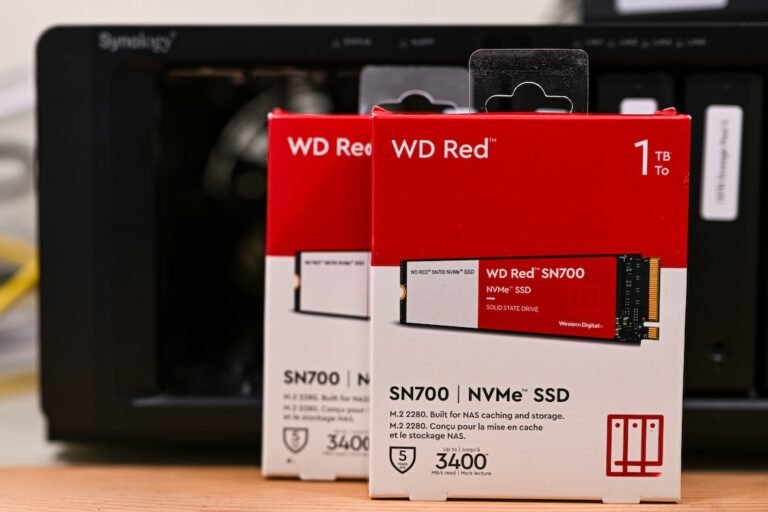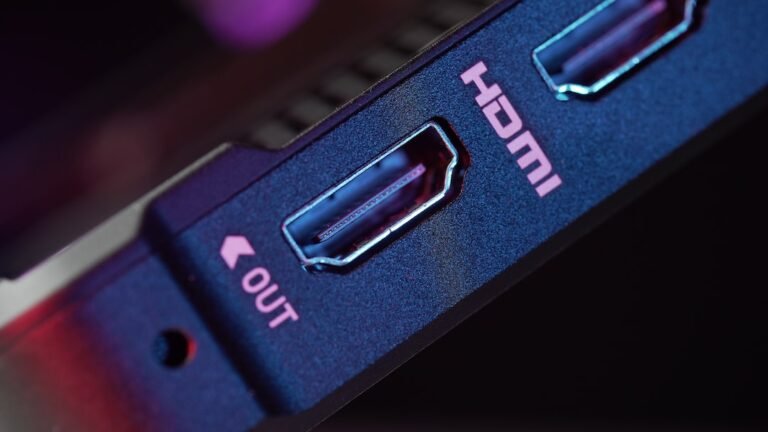Introduction
In today’s digital age, online banking has become a convenient and essential part of our lives. We can access our bank accounts, transfer money, pay bills, and conduct financial transactions from the comfort of our homes. However, this convenience also comes with certain risks. Cybercriminals are constantly on the lookout for opportunities to steal sensitive financial information and exploit vulnerabilities in online banking systems. This is where a Virtual Private Network (VPN) can play a crucial role in enhancing the security of your online banking activities.
How does a VPN work?
Before we delve into the details of how a VPN helps secure online banking, let’s first understand what a VPN is and how it works. A VPN is a service that creates a secure, encrypted connection between your device and the internet. When you connect to a VPN server, your internet traffic is routed through an encrypted tunnel, making it extremely difficult for anyone to intercept or access your data. Essentially, a VPN acts as a middleman between you and the websites or online services you visit, masking your real IP address and encrypting your data.
When it comes to online banking, using a VPN adds an extra layer of security by ensuring that your sensitive banking information is transmitted securely over the internet. Here’s how it works:
Encryption: By encrypting your internet traffic, a VPN ensures that your data is encoded and indecipherable to anyone monitoring your network connection. This means that even if a cybercriminal manages to intercept your data, they won’t be able to read it without the decryption key.
Data Integrity: A VPN also ensures the integrity of your data by using techniques such as checksums and digital signatures. These techniques help detect any tampering or alteration of your data during transmission, thus ensuring that the information you receive from your online banking service is exactly what was sent.
IP Masking: When you connect to a VPN server, your real IP address is masked, and you are assigned a new IP address from the VPN server’s location. This helps protect your privacy and makes it difficult for cybercriminals to track your online activities or pinpoint your physical location.
- Wi-Fi Security: One of the biggest security risks in online banking is using public Wi-Fi networks. These networks are often insecure, making it easier for hackers to intercept your data. By using a VPN, you can securely access your online banking services even when connected to public Wi-Fi hotspots, as all your traffic is encrypted and protected.
Benefits of using a VPN for online banking security
Using a VPN for secure online banking comes with numerous benefits. Let’s explore some of the key advantages:
Enhanced Privacy: With a VPN, your online banking activities remain private and anonymous. Your ISP, government agencies, or even your bank won’t be able to monitor or track your online activities.
Protection against Cyberthreats: VPNs provide robust encryption and security measures that protect your sensitive financial information from hackers, identity thieves, and other cybercriminals.
Avoid Geo-restrictions: Some banks restrict access to their online banking services based on geographical location. With a VPN, you can bypass these restrictions and access your accounts from anywhere in the world.
Safe Remote Banking: If you frequently travel or need to access your bank accounts from remote locations, using a VPN ensures that your connection is secure, regardless of the network you are connected to.
Secure Mobile Banking: Mobile banking apps are convenient but can be susceptible to security vulnerabilities. By using a VPN on your mobile device, you can ensure that your mobile banking activities are protected, even on public Wi-Fi networks.
Protection against Phishing Attacks: VPNs add an extra layer of defense against phishing attacks by encrypting your internet traffic and making it difficult for attackers to intercept your login credentials or other sensitive information.
Conclusion
In conclusion, securing your online banking activities with a VPN is a smart and proactive step towards protecting your financial information from cyber threats. By encrypting your data, masking your IP address, and providing a secure connection, a VPN ensures that your online banking transactions remain private and secure. Whether you’re accessing your bank accounts from home or on the go, using a VPN adds an additional layer of protection and peace of mind.
FAQ
| Question | Answer |
|---|---|
| What is a VPN and why do I need a VPN? | A Virtual Private Network (VPN) is a service that creates a secure, encrypted connection between your device and the internet. You need a VPN to protect your online privacy, enhance your security, and bypass geo-restrictions. Learn more about VPNs here. |
| Is VPN illegal or is VPN legal? | VPNs themselves are legal in most countries, but their usage may be restricted or regulated. It is crucial to understand the laws and regulations regarding VPN usage in your country. Read more about VPN legality here. |
| Can I use a VPN for online banking on my mobile device? | Absolutely! Using a VPN for online banking on your mobile device is highly recommended. It adds an extra layer of security, especially when connected to public Wi-Fi networks. |
Further Reading
| Title | Description |
|---|---|
| The Top 5 VPNs for Online Banking Security | Discover the best VPN services specifically tailored for enhanced online banking security. |
| 10 Tips for Secure Online Banking | Learn essential tips and best practices for ensuring the security of your online banking activities. |




